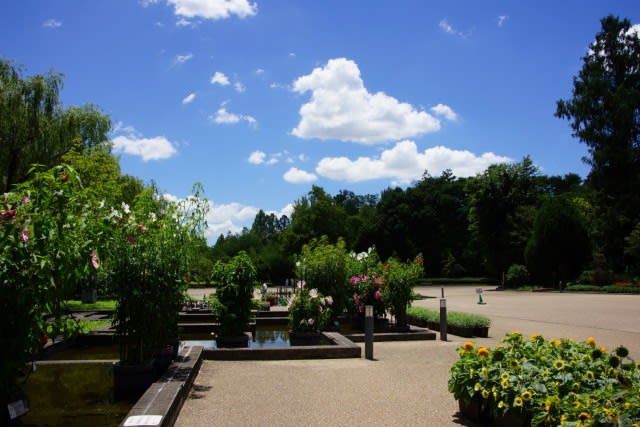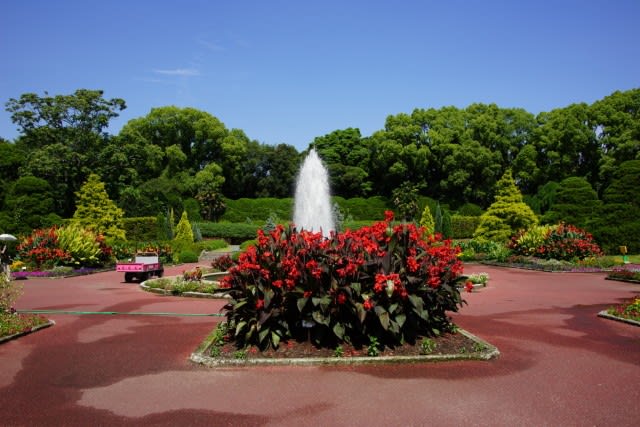It is a revised version of a chapter I wrote on 2017-06-25 titled "Recently Awarded Manyo Scholar Publishes Theory in Iwanami's 'Bungaku' that the Famous Poet Yamanoue no Okura is a Naturalized Citizen.
The following is a continuation of the previous chapter.
A recently awarded Man'yoshu scholar published a theory in Iwanami's "Bungaku" (Literature) that the famous poet Yamanoue no Okura was a naturalized citizen, which caused a great sensation.
However, in the Manyoshu, Okura's poem praises Empress Jingu, who conquered the Three Hans.
He also wrote a song in praise of Japan, "From the time of the gods, the land of Yamato is a land of stern emperors, a land of happy words and spirits."
At that time, there was no such thing as a naturalized Japanese citizen.
He must have been repatriated from the peninsula after the defeat in the Battle of Baekgang.
If he doesn't realize this, he is a Man'yoshu scholar who has not even read the Man'yoshu.
As you can see, postwar Japanese historians and literary scholars are saying horribly ill-prepared things.
As Ms. Hasegawa says, as long as they say something that demeans Japan and boosts China and Korea, Asahi and Iwanami will pick it up and praise it without even verifying it.
The structure is such that it spreads among the Japanese people.
Post-war textbooks decided not to cover "Kojiki" and "Nihonshoki."
That's why the ancient history in textbooks is all about archaeology, such as the Stone Age, Jomon, and Yayoi periods.
If you look at the chronology of the Japan Historical Society, Emperor Nintoku is not mentioned even though there is a tomb of Emperor Nintoku.
Hasegawa
In reality, there is an immense mausoleum with a forward and backward circular tomb in Osaka Prefecture?
Watanabe
If you ask the leftists, in archaeology, nothing needs to be the Emperor's mausoleum.
Mythology is outrageous, and historical documents from China and Korea can only support the existence of emperors. If a person who looks like a Japanese emperor appears in those documents, that's when they start writing.
However, even if you think about it with common sense, there is no way that the Chinese and Koreans of long ago would have known what was going on in Japan.
So there is no way they would have written about it.
The first course on Japanese history at the University of Tokyo, established in the Meiji era, impresses me that the first course started with myths.
I am not saying that we should believe in myths, but we cannot handle historical situations if we ignore myths.
I am taking the position that if we deny myths, we will not explain what happened later.
Hasegawa
Her Majesty Empress Michiko clearly states in her book "Building Bridges" that it is essential to study myths.
She says that although myths themselves are not real, they reflect something of Japanese society.
Watanabe
What I think is very significant about Empress Michiko because, as I believe she has written somewhere, she is prepared to be Ototachibana-hime.
Ototachibana-hime is the one who threw herself from the ship to save Yamato Takeru.
Yamato Takeru lamented, "Azuma haya (My wife).
Of course, neither Yamato Takeru nor Ototachibana-hime are ever mentioned in left-leaning textbooks.
That's because we were not in the historical era yet.
It didn't matter if there was a place called "Azuma" or a city called "Yaizu."
It is because there is no Chinese literature about it (laughs).



















